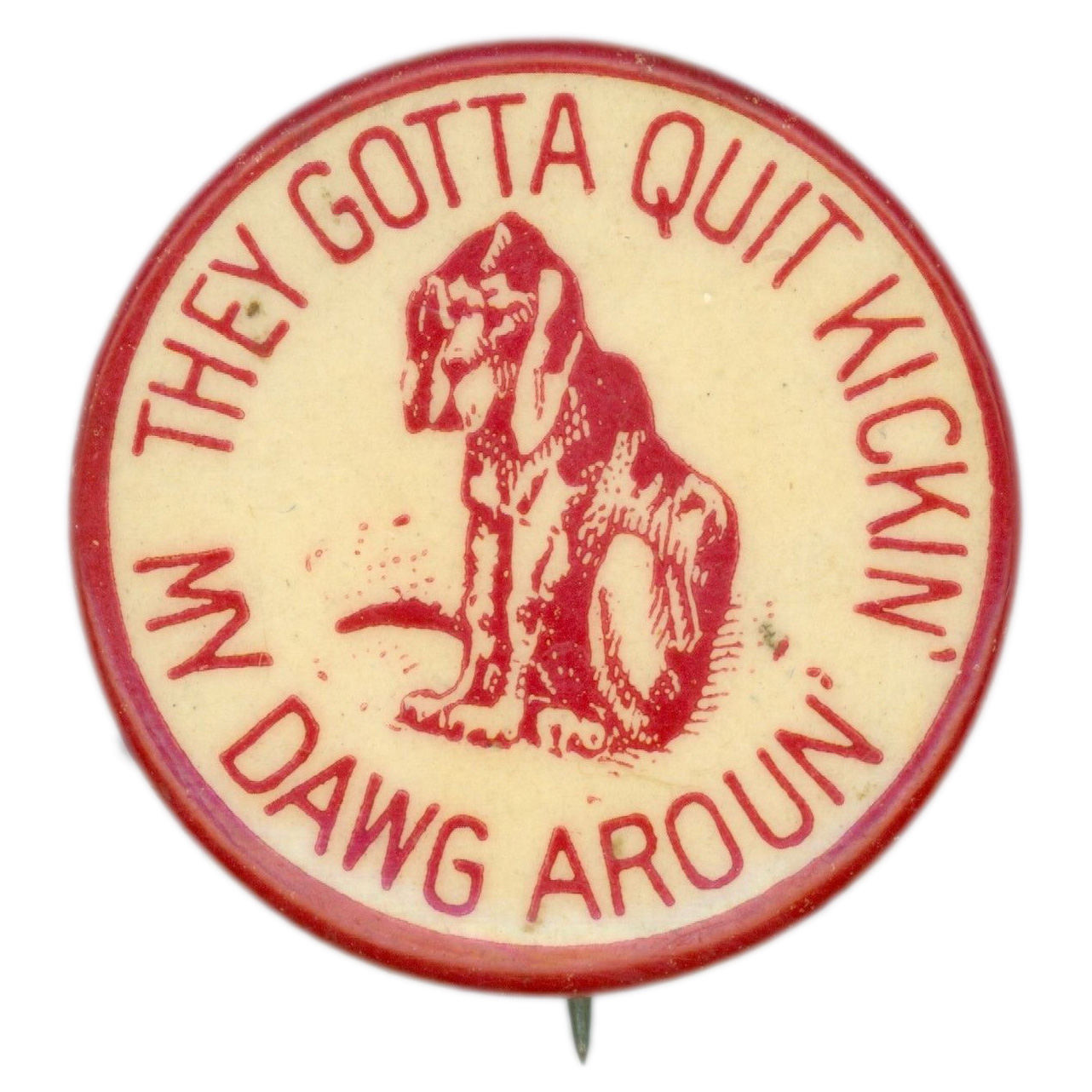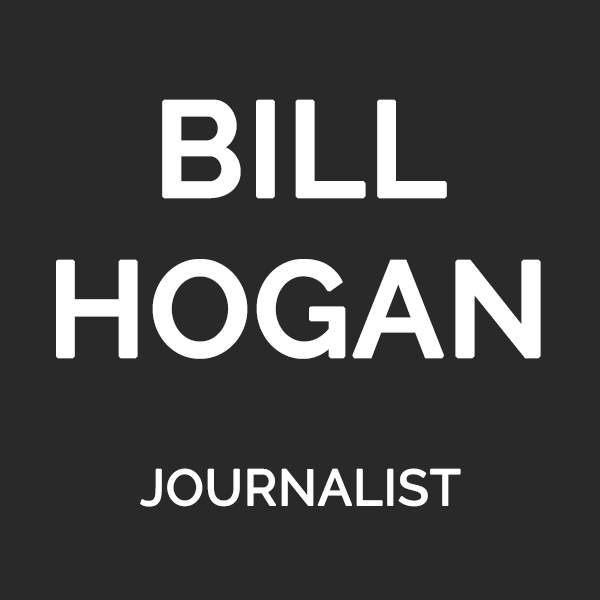
How Much Do You Know About Presidential Campaign Slogans?
1. Harry S. Truman’s campaign slogan in 1948 was:
a) “I’m Just Wild About Harry
b) “Give ‘Em Hell, Harry”
c) “Pour It On ‘Em, Harry”
d) All of the above
Answer: All of the above. The first was derived from a popular song written in 1921 by Noble Sissle and Eubie Blake; the second echoed the spontaneous cries of delegates during Truman’s acceptance speech at the Democratic National Convention in Philadelphia; the third originated with his increasingly large and enthusiastic crowds in the run-up to the election.
2. Abraham Lincoln ran for reelection in 1864 with the slogan:
a) “Vote Yourself a Farm”
b) “Don’t Swap Horses in the Middle of a Stream”
c) “Union and Freedom”
d) “Clear the Track for Honest Abe”
Answer: B. In this especially nasty contest against Democrat George B. McClellan, Lincoln’s campaign slogan aimed for the high ground, reminding voters that they shouldn’t change leaders in the middle of a civil war.
3. Who channeled Abraham Lincoln with his reelection slogan “Don’t Swap Horses in Midstream”?
Answer: B. Even though his health was waning, FDR felt that he had no choice but to run for an unprecedented fourth term.
4. Whose military nickname became part of his political battle cry?
a)
Answer: B. The slogan “Tippecanoe and Tyler Too” derives from the Whig candidate’s leadership at a famous 1811 battle with Native Americans and the name of his running mate, John Tyler.
5. Which candidate’s slogan did the Democrats parody with “In Your Guts You Know He’s Nuts”?
a)
Answer: B. Taking aim at his slogan, “In Your Heart You Know He’s Right,” the Democrats lambasted Goldwater on many fronts, from his statements on the use of nuclear weapons to his vote against the Civil Rights Act of 1964.
6. Complete the slogan of the first Republican presidential candidate: “Free Soil, Free Labor, Free Speech, Free Men, _________.”
a)
Answer: C. The Republicans became a national party in 1856 with John C. Frémont at the top of the ticket. He drew only 33 percent of the vote in a three-way race, but in 1860 the Republicans nominated Abraham Lincoln for president and won the White House.
7. What Republican candidate promised Americans “A Full Dinner Pail”?
a)
Answer: B. The United States had pulled out of a serious depression in McKinley’s first term, and so Republicans built the president’s reelection campaign around the nation’s newfound prosperity, taking care to position their party as a friend of working-class Americans.
8. Who promised Americans “a return to normalcy”?
a) G
Answer: B. Harding, who was given to grandiloquence, reintroduced the virtually obsolete word “normalcy” in a speech: “America’s present need is not heroics, but healing; not nostrums, but normalcy.”
9. Whose campaign slogan was “Let’s Get Another Deck”?
a)
Answer: B. FDR won the most lopsided electoral college vote since 1820.
10. Who used the slogan “He Kept Us Out of War”?
a) d) Ronald Reagan, in 1984, almost four years after Iran released American hostages
Answer: C. Meeting at their national convention in St. Louis, the proudly pacifist Democrats renominated President Wilson on the first ballot and adopted this as their campaign slogan. Ironically, Wilson reversed course five months after his reelection and sent U.S. troops to France.
Bonus Question: Who used the slogan “They Gotta Quit Kickin’ My Dawg Around”?
a) House Speaker Champ Clark of Missouri, running for the Democratic presidential nomination 1912
b) Eugene V. Debs of Indiana, running as the nominee of the Socialist Party in 1912
c) Parley P. Christensen of Utah, running as the nominee of the Farmer-Labor Party in 1920
d) Senator Robert M. La Follette, Sr., of Wisconsin, running as the nominee of the Progressive Party in 1924
Answer: A. Clark adapted a Missouri folk song (“Every time I come to town/The boys keep kickin my dawg aroun’/Makes no diff’rence if he is a houn’/They gotta quit kickin’ my dawg around”) as the signature tune of his 1912 presidential campaign. According to the Office of the Historian of the U.S. House of Representatives, the press interpreted the song’s refrain “as alternately an expression of Clark’s support of the humblest citizens (a hound being considered a lowly breed) and as an example of his lack of education and rough ‘Western’ manners.”
A slightly shorter version of this article was originally published on September 20, 2012, on the AARP website (AARP.org).
Abraham Lincoln Alf Landon Alfred M. Landon Barry Goldwater Campaign Slogans Champ Clark Eubie Blake FDR Franklin D. Roosevelt Free Labor Free Men Free Soil Free Speech Frémont George B. McClellan Harry S. Truman John Tyler Noble Sissle Warren G. Harding William Henry Harrison William McKinley Woodrow Wilson
